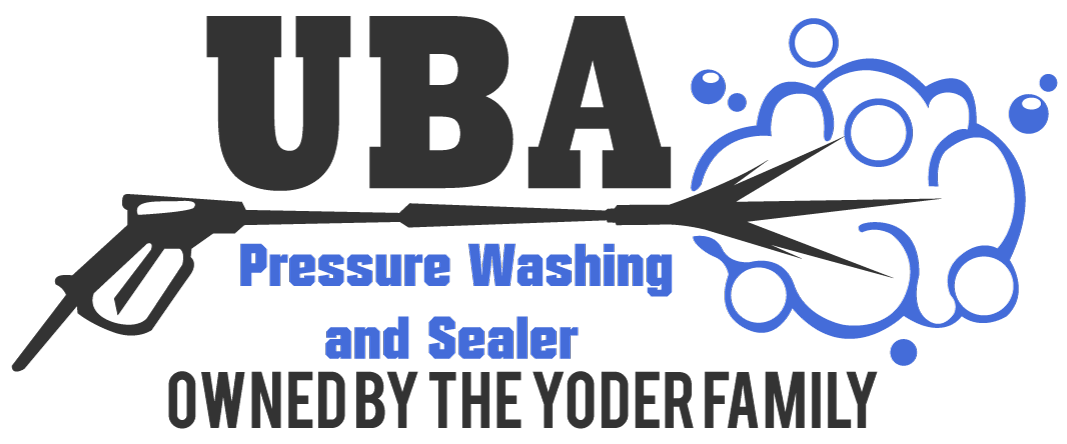
UBA Leadership Development
Empowering Leaders: A Comprehensive Guide to Leadership Development
In today’s rapidly changing business landscape, effective leadership is crucial for driving growth, fostering innovation, and ensuring a positive work environment. This blog post will delve into the best practices and strategies for leadership development, equipping aspiring leaders with the tools they need to succeed.
- Self-awareness: The Foundation of Leadership Before leading others, one must first lead oneself. This section emphasizes the importance of self-awareness in leadership development. It explores techniques such as introspection, seeking feedback, and understanding one’s strengths and weaknesses.
- Continuous Learning and Growth Great leaders are perpetual learners. This segment discusses the value of ongoing education and personal development. It covers various learning avenues including formal education, workshops, seminars, and mentorship programs.
- Effective Communication Skills Communication is at the heart of leadership. This section provides insights on active listening, clear articulation, and non-verbal cues. It also touches on the importance of adaptability in communication styles.
- Building and Nurturing High-Performing Teams A leader’s success is often measured by the success of their team. Here, we delve into techniques for team building, fostering collaboration, and creating an inclusive and motivating work environment.
- Emotional Intelligence and Empathy Understanding and managing emotions, both in oneself and others, is a hallmark of great leadership. This part explores the concept of emotional intelligence, and how empathy can strengthen relationships and drive productivity.
- Strategic Thinking and Decision-Making Leaders must be adept at making informed, timely decisions. This section outlines strategies for developing a strategic mindset, conducting thorough analyses, and navigating complex decision-making scenarios.
- Conflict Resolution and Problem-Solving Every leader encounters conflicts and challenges. This segment provides tools and techniques for resolving conflicts constructively and approaching problem-solving with creativity and resilience.
- Adaptability and Change Management In a dynamic business environment, adaptability is a critical leadership trait. This part discusses the ability to navigate change, foster innovation, and lead teams through transitions.
- Mentorship and Coaching Great leaders often emerge from the guidance of other exceptional leaders. This section explores the benefits of mentorship and coaching relationships, and how they can accelerate leadership development.
- Measuring Leadership Effectiveness
To gauge progress, it’s essential to have metrics in place. This segment suggests ways to measure leadership effectiveness, including feedback mechanisms, performance indicators, and 360-degree assessments.
Leadership development is an ongoing journey that requires dedication, self-reflection, and a willingness to learn and grow. By honing essential skills like self-awareness, effective communication, and strategic thinking, aspiring leaders can pave the way for their own success and that of their teams. Remember, great leaders are not born; they are developed through a commitment to continuous improvement and a passion for inspiring others to reach their full potential.

